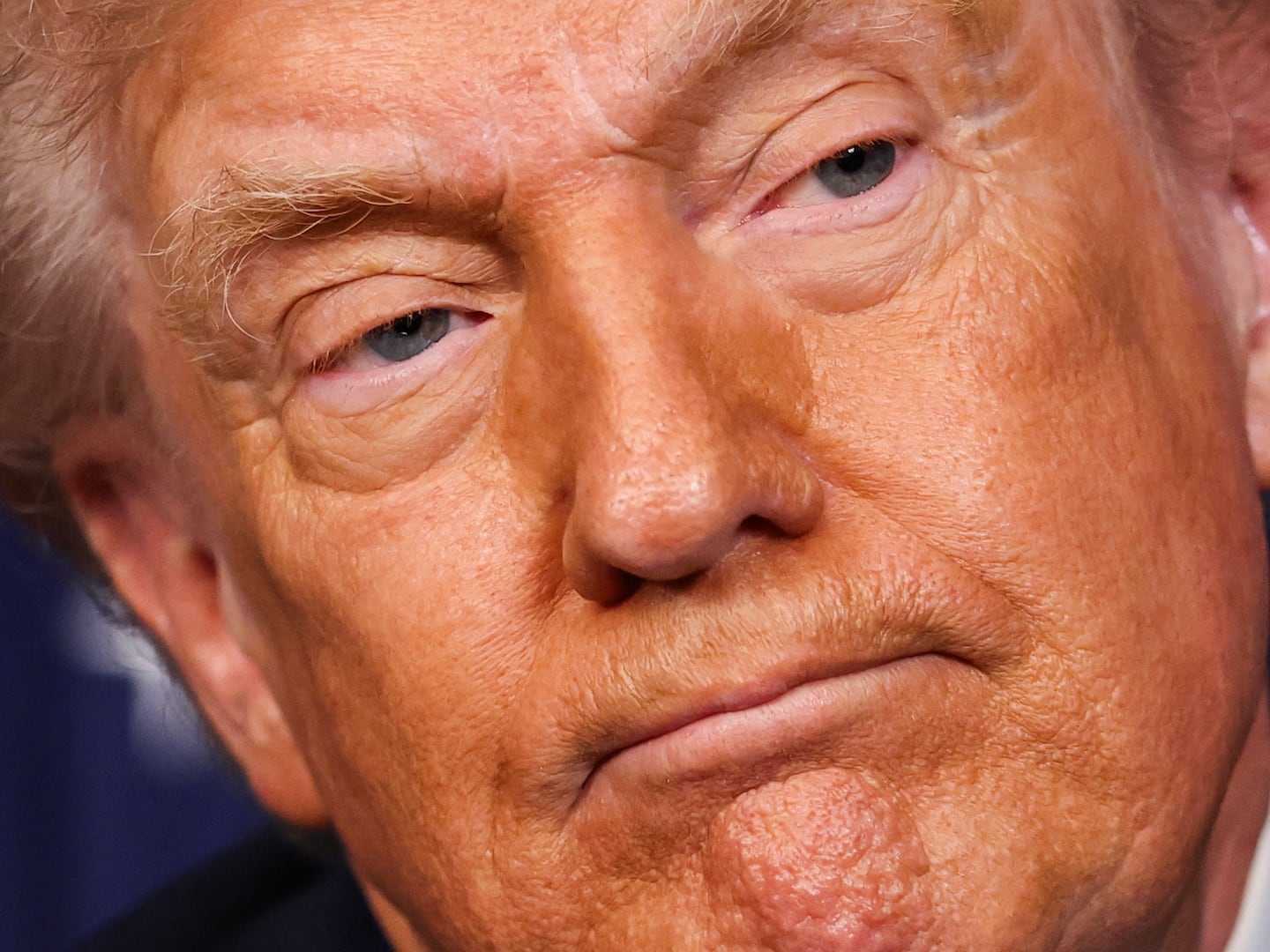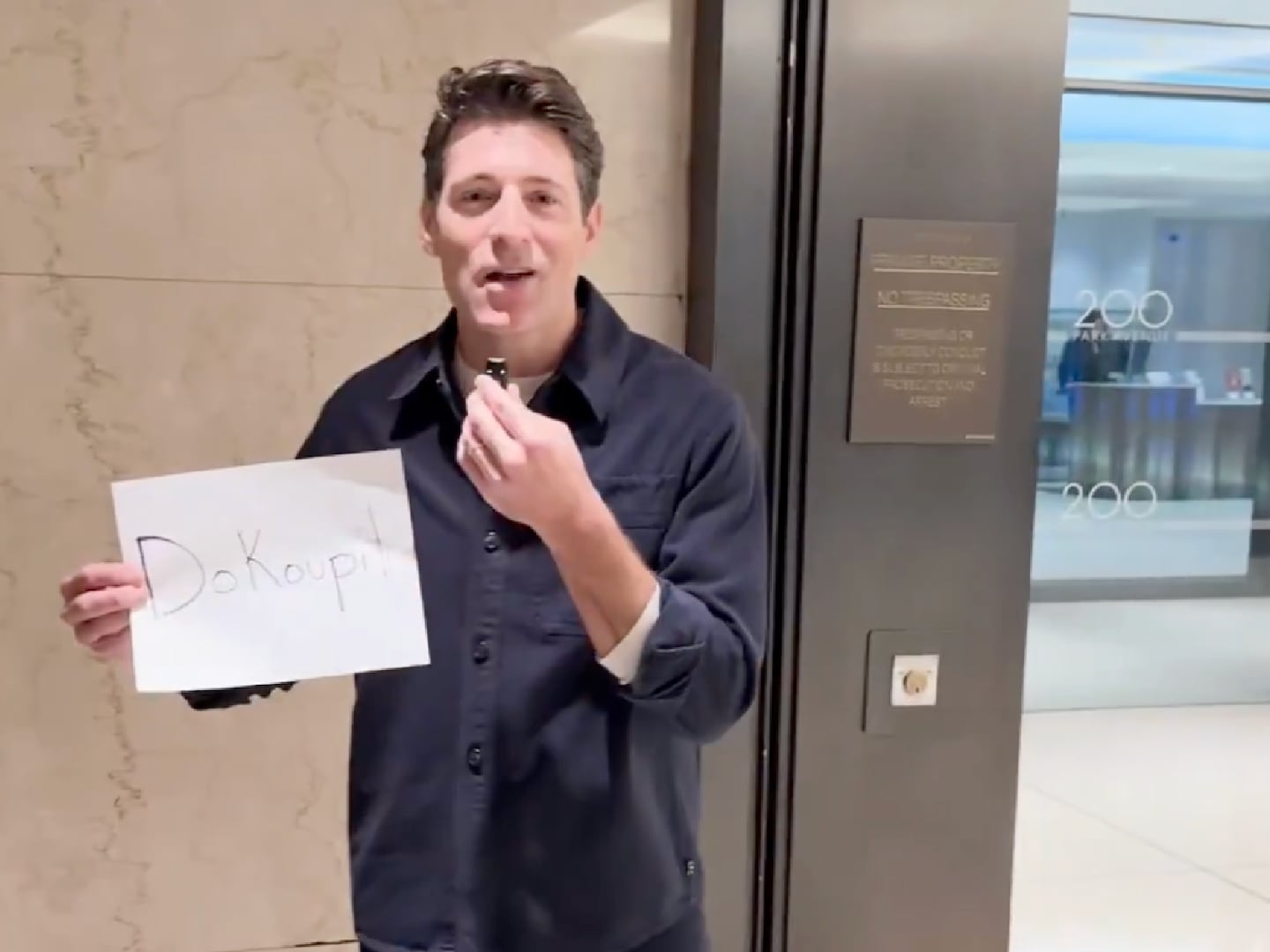President Donald Trump entered office with a record 120 judicial vacancies, largely due to the unprecedented stonewalling of President Obama’s nominees by the Republican-led Senate. Already, he has nominated 58 individuals (81 percent male and 91 percent white, by the way) to fill these life-tenure positions. And until very recently, it looked like all would sail through the process without a fight; indeed, not a single Republican had voted against a single judicial nominee.
But then came last week, with three nominations withdrawn under the glare of the national spotlight—and one in the shadow of an embarrassing viral video. Has sanity been restored? Do these failed nominations reveal “red lines” that cannot be crossed?
Not quite, said Vanita Gupta, president and CEO of The Leadership Conference on Civil and Human Rights, which has been tracking the nomination process closely.
“While a few nominees drew attention in the press, too many have been rubber stamped without adequate review.”
In fact, each red line crossed by the withdrawn nominees has also been crossed by others who have been confirmed or fast-tracked, and the expedited process of nomination and confirmation has continued apace.
The Unqualified
First, consider the unqualified: Matthew Petersen, publicly humiliated for failing to know relatively basic legal doctrines (even I remember “Younger Abstention” from law school), and blogger/paranormal investigator Brett Talley, unanimously designated as “unqualified” by the American Bar Association. Both of their nominations were withdrawn.
But Steven Grasz, nominated to the Eighth Circuit Court of Appeals, was also unanimously rated unqualified by the ABA. (Incidentally, by way of comparison, only two other unanimous unqualified ratings were issued from 1989-2015.) Worse, noted Gupta, Grasz “was found by the non-partisan American Bar Association to be unanimously Not Qualified for his local reputation for bias.”
And while media commentators have focused on Petersen’s and Talley’s lack of trial experience, Gupta said, “qualifications for a judge means more than just trial experience. It must also include a reputation for fairness and impartiality and a respect for the rule of law.”
Yet Grasz was confirmed on Dec. 12.
The Bloggers
Second, consider intemperate remarks made on right-wing blogs. Talley came under fire after revelations that he blogged for years under a pseudonym, and defended the “early KKK” in one post.
But Judge John Bush, who also was a right-wing blogger under the name “G. Morris” was confirmed last July on a party-line vote. On Bush’s blog, he spread Birtherism and reposted threats to shoot Obama supporters. Then he lied about doing so to the Senate.
Another blogger, Damien Schiff, is still being considered, despite having said on his blog that the entire New Deal and Great Society programs (including Social Security and Medicare) are unconstitutional and having called Justice Anthony Kennedy a “judicial prostitute.”
The Liars
Third, consider lying to the Senate. Talley was withdrawn partly because he failed to disclose that his wife worked for the official responsible for nominating him. But Thomas Farr, nominated to the Eastern District of North Carolina, has also prevaricated about a key item on his resume: working for the Jesse Helms campaign when the campaign sent misleading mailings to African Americans, designed to discourage them for voting.
Farr told the Senate he had no part in that activity, but documents from a Department of Justice inquiry, together with media reports, indicate that he was present in the inquiry and had been involved in the mailing.
It makes sense that Farr would conceal his involvement: the Congressional Black Caucus has described him as “the preeminent attorney for North Carolina Republicans seeking to curtail the voting rights of people of color.” But his misrepresentation has not, as yet, generated the same level of outrage as Talley’s.
The Homophobes
Fourth, consider extreme homophobia. Nominee Jeff Mateer has rightly been cast aside for calling transgender kids “part of Satan’ plan,” just one of a barrage of extreme anti-LGBT remarks over many years.
But what about Mark Norris, who as a Tennessee state legislator sought to intervene in a custody battle to deny rights to the non-birth mother, over the objection of Tennessee’s attorney general and in open defiance of Obergefell v Hodges?
Or Schiff, who has blogged that LGBT equality is about nothing more than “sexual fulfillment”?
Or Stuart Kyle Duncan, who has said that transgender people are “delusional” and has been the lawyer for a dozen anti-LGBT organizations?
Or Matthew Kacsmaryk, who has described the LGBT equality movement as arguing that “marriage, sexuality, gender identity, and even the unborn child must yield to the erotic desires of liberated adults?” And who has defended, and expounded upon, the Catholic doctrine that homosexuality is “intrinsically disordered?”
If extreme anti-LGBT views disqualified Jeff Mateer, they should disqualify Norris, Schiff, Duncan, and Kacsmaryk as well. So far, however, those nominees are sailing through.
Equally important, they are sailing through at a breakneck pace without precedent in Senate history.
In the Petersen viral video, did you notice he was only one of five judges—all white men, incidentally—being questioned at the same time? This “stacking” of nomination hearings used to be quite rare, and only done with the consent of the minority party. Now, it is the default under the Republican majority.
“The Senate Judiciary Committee plays a fundamental role in vetting judicial nominees,” says the Leadership Conference’s Gupta. “However, Chairman Grassley has been stacking hearings with multiple nominees onto one panel so Senators have only have minutes to ask questions.”
Moreover, those nominees go to floor votes unconstrained by the filibuster, which had been used by both parties to generate consent, rather than ram through the majority’s chosen candidates. Not anymore.
And these nominees are being picked and promoted at a record pace, largely because the Trump White House has largely outsourced the initial selection process to the right-wing Federalist Society and Heritage Foundation. These groups, private organizations funded by the usual conservative mega-donors (Koch, Scaife, Mercer, etc), have been handed the keys to the judicial kingdom. And they are unlocking the doors as fast as they can.
“If President Trump has confidence in his nominees,” said Gupta, “then Leader McConnell and Chairman Grassley should fully examine each nominee, and allow Senators to fully consider their records. Lifetime appointments to the federal courts deserve careful scrutiny.”
The goal of all this activity is clear. Leonard Leo, the arch-conservative point man for judicial picks, said in May that “I would love to see the courts unrecognizable.” That is a terrifying objective.
To be sure, it is heartening to see these life-tenure nominees beginning to get the attention they deserve, even in the midst of the holidays, the budget, the Russia investigation, and the rest. It is gratifying that lines are being drawn. Now let’s see if they mean anything.






